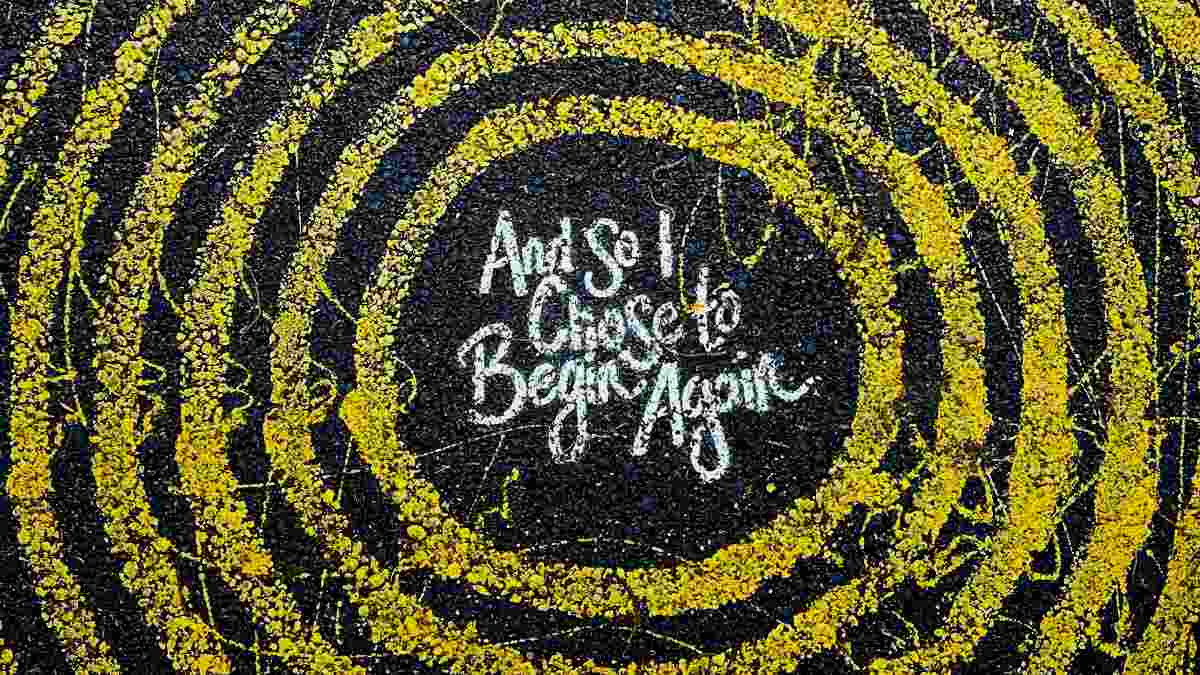
A Therapist's Perspective On Recognizing False Hope In Romantic Relationships
Becoming aware of false hopes can wash away the illusions that bind you to failing relationships.

By Jourdan Travers, LCSW | July 7, 2023
In relationships, hope can serve as a beacon of light, upholding the promise of a bond that will stand the test of time. However, there are instances when your vision for the future can blind you to the issues you are presently facing.
False hope can make us cling to unrealistic expectations or possibilities that are unlikely to be fulfilled. While hope can give rise to positive emotions like resilience, false hope can be detrimental to our well-being and the health of our relationships.
Here are two clear signs that the hope holding you and your relationship together may be hollow.
1. You Cling to their Potential for Change, Believing that Time Will Fix Everything
A common scenario where false hope is at play is when you hold onto the belief that your partner will eventually change for the better. You only see their potential for growth and, despite their current shortcomings, you convince yourself that time and patience will transform them into the person you need them to be.
It is important to acknowledge that pinning all your hopes on someone changing can lead to disappointment and a sense of betrayal when your expectations are not met.
A study published in the Journal of Experimental Social Psychology highlights how the hope to change your partner, no matter how small, can build resentment over time and eventually lead to disappointment. In fact, due to initial hope and belief in their partner’s capacity to change, the participants in the study were more likely to attribute their partner’s failure to change to their lack of effort instead of the difficulty inherent in implementing change.
Instead of placing your hopes on someone’s potential for change, try to:
- View your partner realistically and take them at face value. Falling in love with their ‘potential’ could mean falling in love with an individual that does not, and never will, exist.
- Pay close attention to the compatibility between you and your partner to avoid falling into the ‘I will fix them’ trap. Not only is it an unrealistic project to take on, it is also unfair to assume that someone needs your help to become a better version of themselves.
2. You Have Rationalized Your Version of ‘Happily Ever After’
False hopes in relationships can also manifest through the process of rationalization. We create excuses and justifications to make sense of behaviors, even if they are glaring red flags. Any inconsistency that doesn't align with our idealized vision of the relationship gets slid under the rug.
For instance, one might have formed a vision of their ideal partner based completely on external characteristics like their appearance or occupation. It is possible, and more common than you may think, for people to fall into the trap of envisioning a great future with someone who checks those specific boxes, even if they are incompatible with them or exhibit serious character flaws.
A study published in Social Cognitive and Affective Neuroscience, finds that rationalizations help people maintain a sense of consistency in their beliefs, behaviors and feelings. They also serve as a shield against the potential feelings of shame, guilt, or anxiety that arise from acknowledging their true thoughts or actions. To safeguard ourselves, we may convince ourselves that we're overreacting or being too demanding, undermining our own instincts and needs.
To break free from the cycle of false hope fueled by your denial of reality and desire for an idealized vision for the future:
- Work on sitting with the truth and your feelings before making any big changes or decisions. When your intuition aligns with your internal narrative, action follows.
- Acknowledge your own worth and recognize that settling for less than we deserve is not a sustainable path to happiness.
Conclusion
False hopes can blind us to the truth, leading to disappointment, unhappiness and emotional distress in the long run. It is therefore essential to cultivate self-awareness and set realistic expectations. Remember, prioritizing your own well-being is never selfish. If anything, it helps ground your relationship in reality.
